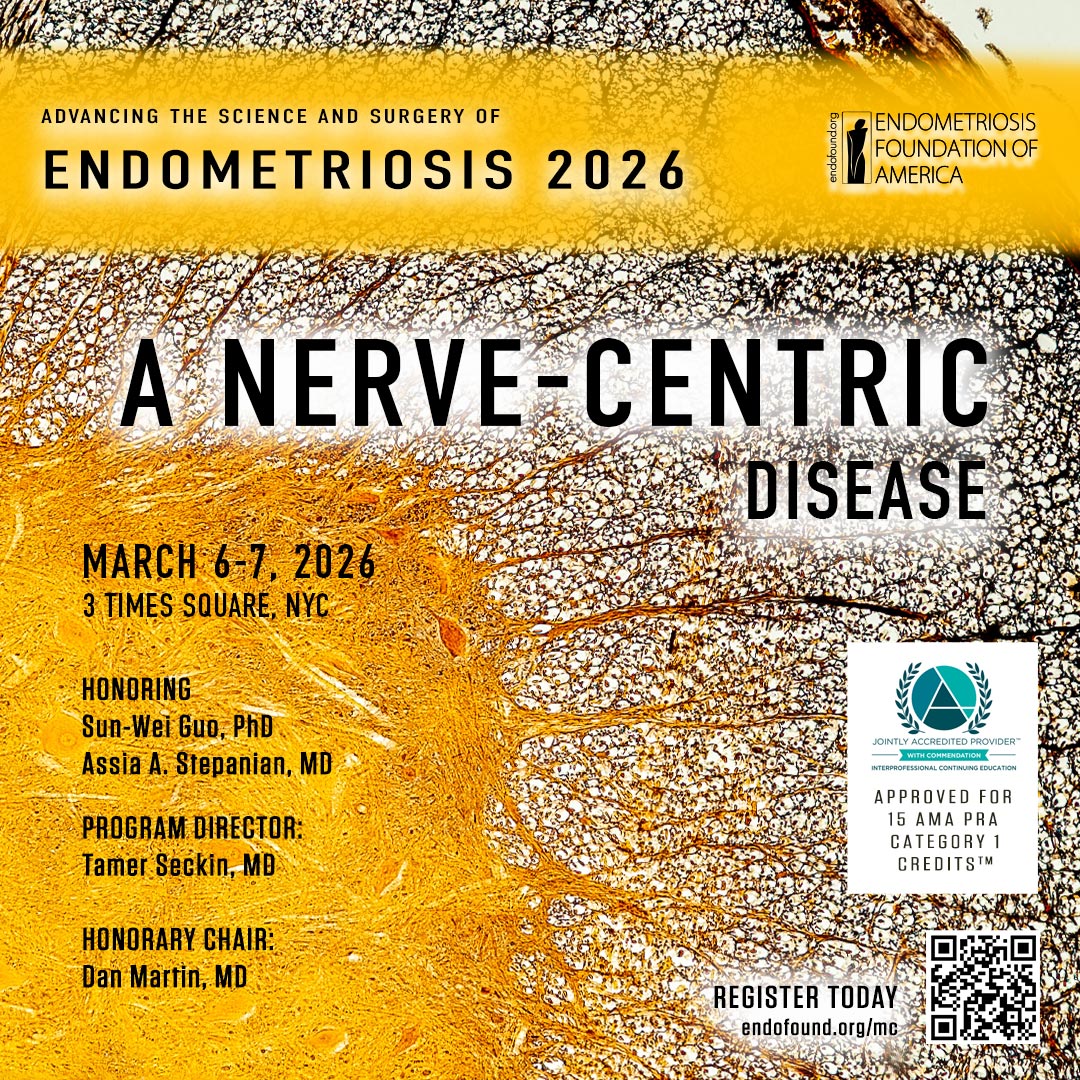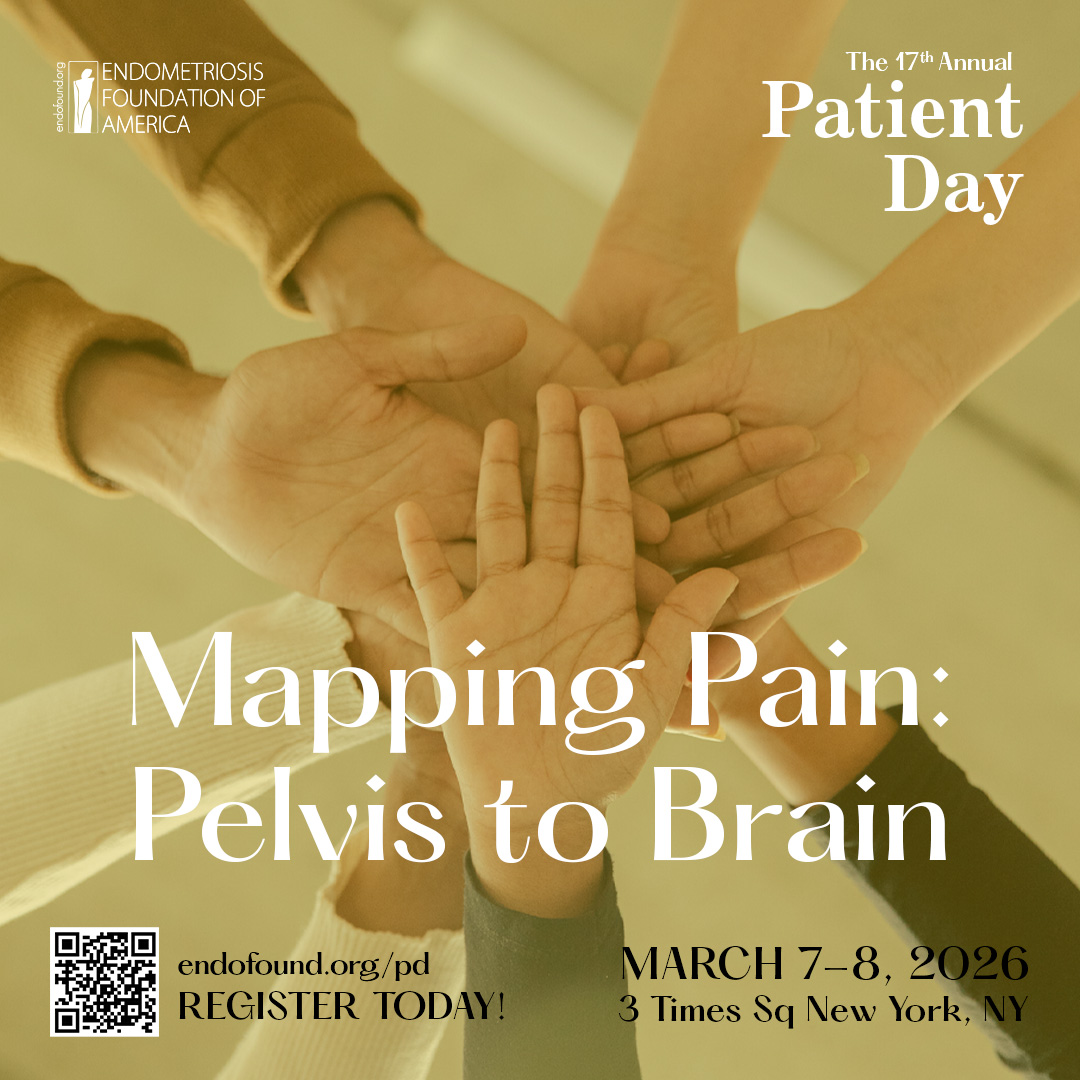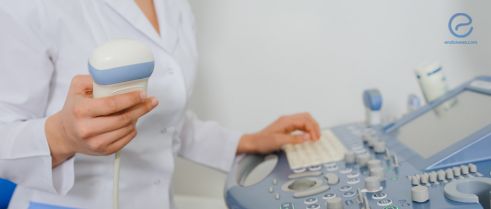Do Adolescents and Adults Experience Endometriosis Differently?
Symptoms may differ depending on the age of a woman when she was diagnosed with endometriosis.
Key Points Lay Summary
A Novel Questionnaire-based Approach for Assessing Endometriosis Pain
A two-round modified DELPHI survey was used to develop a comprehensive questionnaire for appraising endometriosis-associated pain.
Key Points Lay Summary
Body Mass Index and IVF outcomes in non-obese endometriosis patients
Does higher body mass index (BMI) improve IVF outcomes among non-obese endometriosis patients?
Key Points Lay Summary
Can Ovarian Stimulation Increase Endometrioma Volume?
Ovarian stimulation has been shown to increase endometrioma volume; however, this growth may not be clinically significant.
Key Points Lay Summary
Detection and diagnosis of deep endometriosis in the clinical setting
What is being used to detect and diagnose endometriosis?
Key Points Lay Summary
Dienogest Use Over A Prolonged Period of Time
Dienogest was found to decrease ovarian recurrence rate and pain over time.
Key Points Lay Summary
Bowel Function not Affected by Type of Surgery in Deep Rectal Endometriosis, Clinical Trial Shows
Women should be informed that there is a risk of abnormal bowel movements regardless of the type of surgery for deep rectal endometriosis
Key Points Lay Summary
Ectoenzymes as endometriosis biomarkers
Candidate endometriosis biomarkers: ADA and ENPP1
Key Points Lay Summary












